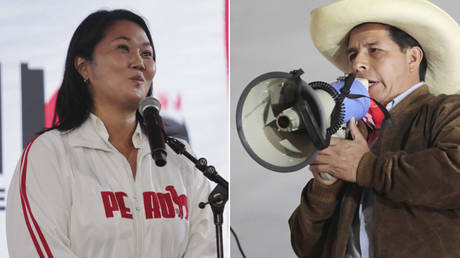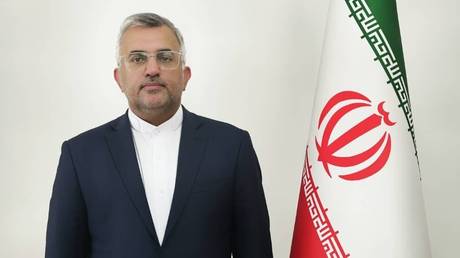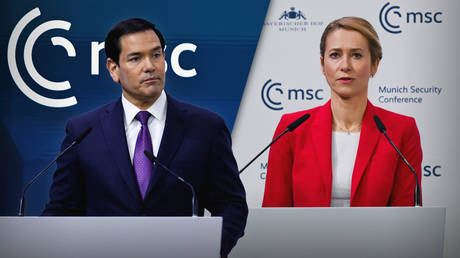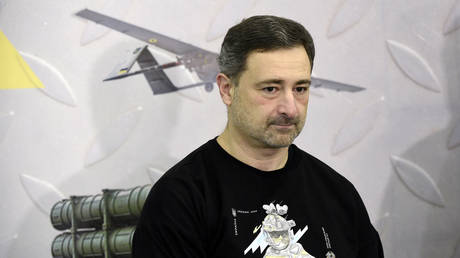
The second round of presidential elections in Peru failed to produce a clear victor on Sunday, with right-wing Keiko Fujimori leading by a razor-thin margin ahead of her left-wing rival Pedro Castillo.
With more than 90% of the ballots counted, Fujimori had 50.35% of the vote, marginally up on Castillo’s 49.64. The difference was about 114,000 votes – the country has more than 22 million eligible voters – and was narrowing as the counting process continued.
Information from the rural areas of Peru, which favor Castillo, tend to arrive later for processing, so the tables may yet turn in the race. The candidate called on his supporters to “stay vigilant” and make sure that every vote is tabulated.
The nailbiting count, which was predicted by opinion polls ahead of the ballot, further perpetuates political uncertainty in the Latin American country. The two candidates offered vastly different futures to electors.
Castillo, a union organizer and rural teacher, is an avowed left-wing socialist who wants to nationalize companies in key sectors of the economy such as mining, hydropower, and communications. He says it will help Peru reclaim economic sovereignty and reduce wealth inequality in the country.
Fujimori is a devoted defender of neoliberal economics and other right-wing policies of her father, former President Alberto Fujimori.
She ran on a promise to deregulate the economy to attract private investment. Also a law-and-order candidate, she said she would pardon her dad, who is serving a jail term on charges of corruption and abuse of human rights committed during his reign.
The election day came shortly after the devastation inflicted on Peru by Covid-19 was highlighted by the government’s decision to revise the official death toll from the disease. The figure almost tripled once many of the fatalities without a confirmed test for the infection were included in the tally.
The two election finalists emerged from a crowded field of 18 candidates, who participated in the first round of presidential election in April. At that time, Castillo came first with 18.9 percent of the vote, compared to Fujimori’s 13.4 percent.
With the outcome of the second round undecided, some people joked that it was high time for Juan Guaido to swoop in and declare himself the legitimate president of Peru. The US-backed Venezuelan politician infamously laid a claim to presidentship in his own country, but failed to actually install himself in Caracas despite numerous attempts to do so.
Whichever candidate finally takes the helm, they are not certain to remain in power for the entire five-year term. Martin Vizcarra, who narrowly defeated Fujimori in the 2016 election, was removed from office in October 2020 after his second impeachment.
Like this story? Share it with a friend!




